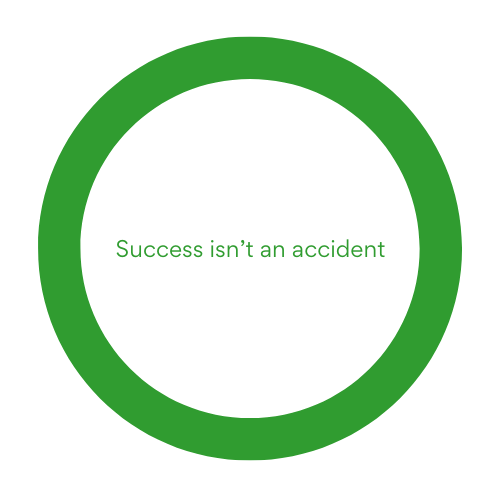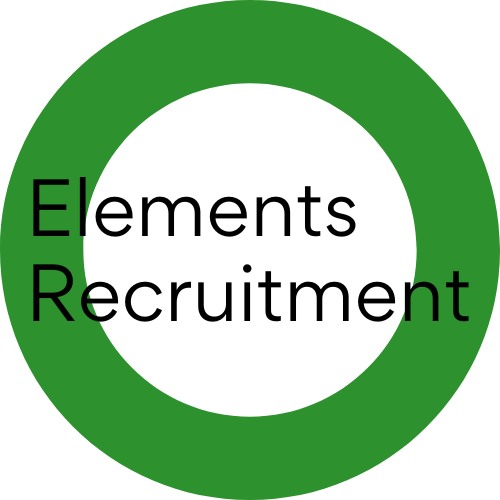What are the most in demand skills for 2025?
Thinking about a new career? Or simply looking to plan out your professional development and keep your skills sharp for an evolving job marketplace?
Every year trends change, but one that continues to be at the forefront is rapid advances in technology. If you want to remain competitive as you advance your career or change jobs, then it’s time to invest in your professional growth by upskilling with some of the most in demand skills.
Skills and training to accelerate your career
In 2025, the hottest skills can’t be found in a textbook, or only with a university degree. As shared by Forbes, adding skills like coding, data analytics, cybersecurity and artificial intelligence to your toolbox will be invaluable to your career. But it’s not all about technology and increasing your technical skills. Brushing up on your soft skills, including communication, critical thinking and problem-solving skills, allows you to be more adaptable, empathetic and a well regarded team player or leader.
While the topic of AI (Artificial Intelligence) is (and will continue to) make headlines for the foreseeable future, it’s about learning to embrace the technology and how you can use it to make your life easier. From streamlining and automating elements of your work, including systems and processes, to saving time by using the right prompts and tools to speed up content creation, the possibilities are endless.
Skills in high demand for the next 10 years
While no one has a crystal ball, current trends and areas of growth indicate a number of skills will be in high demand for the next 10 years. These skills include:
- Digital literacy and technology proficiency
- AI knowledge and application
- Adaptability and resilience
- Critical thinking and problem solving
- Emotional intelligence
- Cybersecurity
- Remote collaboration skills
- Data literacy
Understanding what is involved with each of these skill sets and how you can build these into your professional development plan will help to set you up for career and workplace success, now and in the future.

Digital literacy and technology proficiency
In 2025, the importance of digital literacy and technological proficiency continues to be one of the most sought after skills in workplaces throughout Australia and the world. With the rapid integration of artificial intelligence, machine learning, and automation across various industries, professionals must adapt to these changes. Coding languages, data analysis, and an understanding of emerging technologies are becoming essential skills, regardless of the field. Individuals who can navigate and leverage technology effectively will find themselves at a distinct advantage in the job market. Undertaking short courses and workshops or attending seminars on AI and related technologies is a great way to upskill in this area.

Adaptability and resilience
The ability to adapt to change and demonstrate resilience is a skill that has gained prominence in recent years and continues to be in high demand. The business landscape is constantly evolving and professionals who can navigate through ambiguity, learn quickly, and bounce back from setbacks are highly valued. Employers seek individuals who are not only adept at their core skills but also possess the mental flexibility to thrive in an ever-shifting environment.
Critical thinking and problem solving
As automation takes over routine tasks, the value of human cognitive skills such as critical thinking and problem-solving has increased significantly. Employers are increasingly looking for individuals who can analyse complex situations, think creatively, and develop innovative solutions. The ability to approach challenges strategically and make informed decisions is a key asset in today's fast-paced and competitive work environment.
Emotional intelligence
In a world where collaboration and effective communication are paramount, emotional intelligence has become a critical skill. The capacity to understand and manage one's emotions, empathise with others, and navigate interpersonal relationships is highly valued. Professionals who can build strong, positive working relationships contribute to a healthy and productive work environment, fostering teamwork and organisational success.
Remote collaboration skills
The global shift towards remote work has emphasised the importance of effective collaboration in virtual settings. Proficiency in virtual communication tools, project management software, and the ability to work seamlessly within remote teams have become indispensable skills. Professionals who can navigate the nuances of remote collaboration demonstrate adaptability and contribute to the efficiency of workforces that can span large distances, or even across the world.

Cybersecurity skills
With the rising frequency and sophistication of cyber threats, cybersecurity skills are in high demand across industries. Organisations are prioritising the protection of sensitive information and digital assets, making cybersecurity expertise a crucial aspect of modern business operations. Professionals with knowledge of cybersecurity protocols, threat detection, and mitigation strategies are essential in safeguarding digital infrastructures.
In the rapidly evolving professional landscape, the desire and ability to engage in continuous learning are highly prized. The willingness to upskill and adapt to emerging trends and technologies demonstrate a proactive approach to professional development. Employers are increasingly valuing individuals who actively seek out opportunities to enhance their skill sets, ensuring that they remain valuable assets to their organisations.
Data literacy
As data becomes increasingly central to decision-making processes, the ability to interpret and derive insights from data sets is in high demand. Data literacy involves not only understanding basic data concepts but also being able to apply data-driven insights to inform business strategies. Professionals who can leverage data analytics tools and interpret trends are instrumental in helping organisations make informed and strategic decisions.
Choosing the best high demand skills for your career
Every individual’s career path is different. Choosing the most suitable high demand skills to invest time into learning, growing and improving, will be dependent upon your individual interests, career goals and lifestyle choices.
The most in-demand skills reflect the evolving needs of industries and the impact of technological advancements. Digital literacy, adaptability, critical thinking, emotional intelligence, remote collaboration skills, data literacy, cybersecurity expertise, and a commitment to continuous learning are currently the most in demand skills for companies. By choosing the most aligned skills to invest in for your professional development and taking consistent action, this will give you a competitive advantage when moving up the career ladder.




